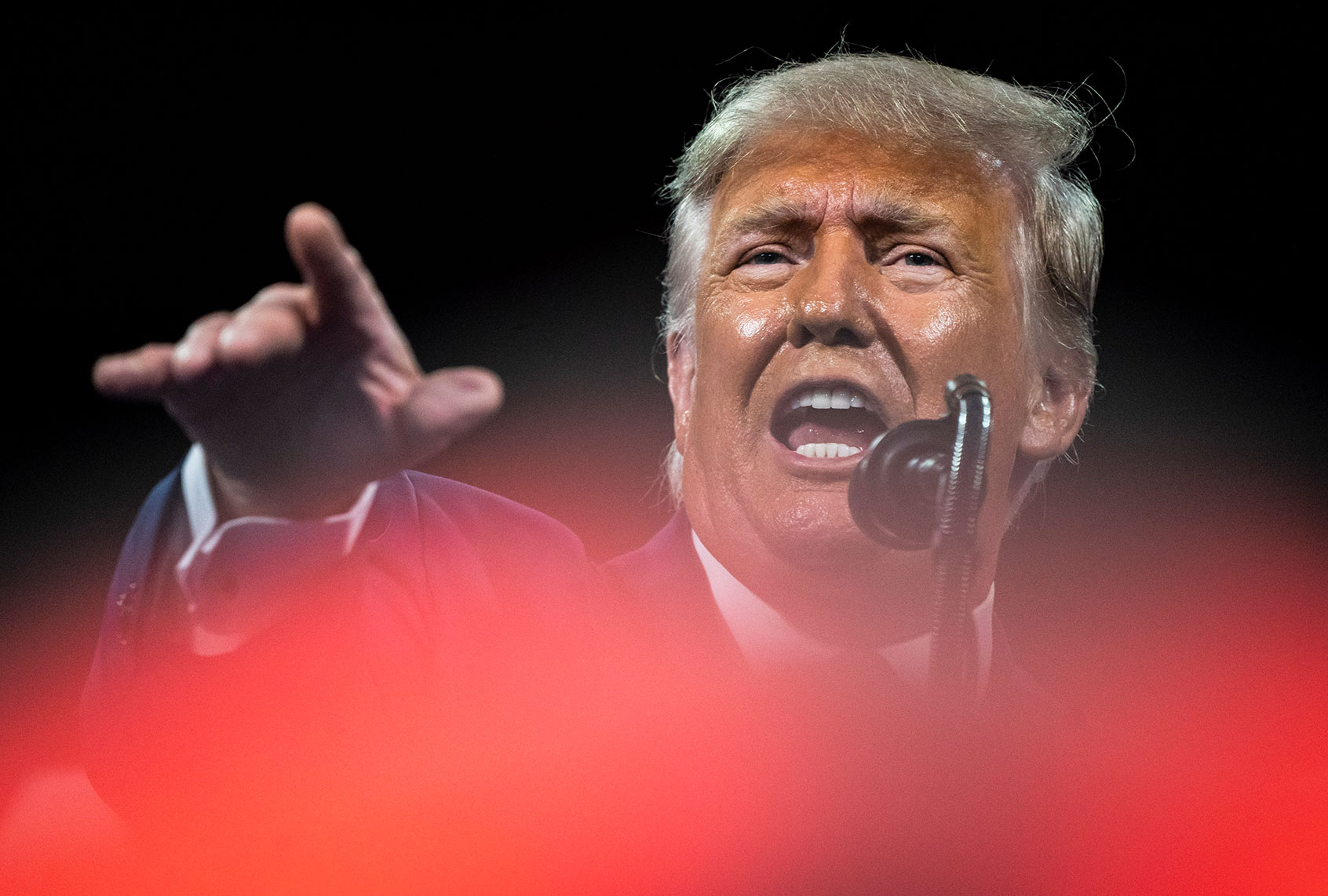The role of the free press is critical in a representative democracy. It is covered in the First Amendment of the Constitution for a reason. The overarching purpose of the press is to keep in the spotlight every deliberation and decision that is made in our government. The press is the watchdog of our elected officials.
Politicians have tried to undermine the importance of the media by questioning their motives and intent. The most obviously self-serving and disingenuous case in point is Donald Trump, who spent his entire presidency trying to convince the public that the mainstream media is “the enemy of the people.” Whenever he didn’t like a story, he called it “fake news.” His purposeful and relentless effort to undermine the public’s trust in the media will be one of his worst legacies. Why? Because a free press is indispensable to democracy. We depend on it to inform, to explain, to interpret and, yes, to warn. To a large degree, that is what separates us from authoritarian regimes and “managed” pseudo-democracies.
But the “duty to warn” should also apply to mental health experts, who should feel compelled to speak out when their expertise and experience lead them to perceive a political figure as dangerously unfit. In fact, they have a social and ethical responsibility to voice their opinions and to inform the public.
That brings us to the “Goldwater rule,” an ethical guideline advanced by the American Psychiatric Association in 1973 that hardly anyone knew about or cared about until Donald Trump became president. The Goldwater rule states that psychiatrists should not comment about political figures because they have not interviewed them personally. (Its name refers back to Sen. Barry Goldwater, the 1964 Republican presidential nominee, who was seen by some mental health professionals at the time as unstable or dangerous.)
Almost immediately after Trump’s election in 2016, mental health professionals were faced with an ethical dilemma imposed by the Goldwater rule. How could experts speak out in their duty to warn the public when they were prohibited from doing so by an ethical restraint imposed by a major professional organization? That conundrum was compounded by the mainstream media’s collective decision to abide by the Goldwater rule — when they were under no obligation to do so — and not allow mental health experts to voice their opinions.
The Goldwater rule is outdated and antiquated, functionally obsolete. Today, mental health professionals have access to thousands of audios, videos, tweets, interviews, speeches and books from virtually all politicians, which can be studied carefully over time. Tremendous amounts of behavioral data are publicly available. As a result, expert opinions about a politician’s mental health are grounded in data and should be viewed as professional, ethical and accurate. A personal interview would certainly be helpful in many cases, but is not to be understood as comprehensive or sufficient in itself. Behavioral information over time is much more revealing, instructive and diagnostic.
Beyond that, mental health experts do not need to be shackled. They are highly trained and possess a wealth of knowledge. They are highly ethical and will not try to discuss matters outside their area of expertise. They voice opinions that are grounded in science and data. They work hard to remain fair and balanced and have been trained to acknowledge their personal limitations. They are careful not to permit their political leanings sway their well-considered opinions.
Mental health experts are treated much differently than experts in other medical specialties. If a politician has a heart ailment, cardiologists are encouraged to discuss the problem in the media. If a politician has arthritis, rheumatologists are invited to share their knowledge. If a politician has cancer, oncologists are summoned by the media. There is obvious precedence for the mainstream media to solicit medical experts to voice their opinions about political figures.
The same should be true for mental health experts, given that mental health problems can be just as serious and incapacitating as the other medical issues mentioned above. They certainly have a major impact on public safety and welfare. We should not pretend that they do not exist because they make us feel uncomfortable. Nearly everyone now understands that to ignore or conceal mental health problems is only likely to make them worse.
Media professionals and mental health experts share the same fundamental mission: to serve and inform the public. They are not adversaries, and their goals are not in conflict.
A “duty to warn” the public should be a central guiding principle for both the media and mental health experts as we strive to recover from the trauma of the Trump years. The Goldwater rule should be discarded at last — its relevance is long in the past. At least that’s one norm obliterated by Donald Trump for which we can be grateful.

